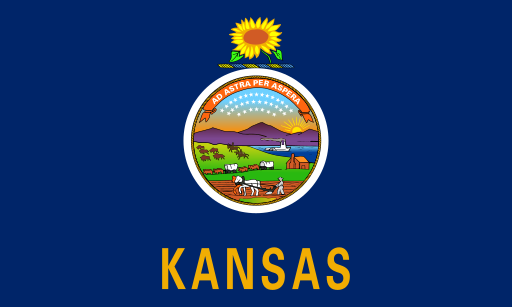Tag: Medicaid
-
Mississippi bill to expand Medicaid with work requirements dies in negotiations (2024)

A Medicaid expansion bill in Mississippi died in negotiations between the Mississippi House and Senate, primarily over the inclusion of work requirements in the final version, resulting in its failure to pass before the session deadline on May 2, 2024. The Mississippi House of Representatives passed House Bill 1725 on February 28, 2024, with a…
-
Mississippi House advances Medicaid expansion with work requirements

The Mississippi House of Representatives passed H.B. 1725 on February 28, 2024, which would expand Medicaid eligibility for people who earn up to 138% of the federal poverty level and meet work requirements. The bill directs the Mississippi Division of Medicaid to apply for a waiver from the federal Centers for Medicare and Medicaid Services…
-
South Dakota voters to decide on Medicaid work requirement amendment in Nov. 2024

South Dakota voters will decide on a constitutional amendment that will allow for the state legislature to establish work requirements for certain individuals to receive Medicaid. The amendment will appear on the November 2024 ballot. The amendment, which was introduced to the state legislature as Senate Joint Resolution 501 (SJR 501), passed the Senate by…
-
South Dakota Senate passes resolution on Medicaid work requirements

The Republican-led South Dakota Senate passed Senate Joint Resolution (SJR) 501 on January 25, 2024, which would ask voters to weigh in on a proposed constitutional amendment allowing for work requirements in the state’s expanded Medicaid program. South Dakota voters in November 2022 approved a constitutional amendment to expand Medicaid to people who earn up…
-
Georgia sues Biden administration over rejection of Medicaid work requirement program extension

The state of Georgia filed a federal lawsuit against the Centers for Medicare and Medicaid Services (CMS) and the Department of Health and Human Services (HHS) on February 2, 2024, to obtain an extension on the state’s Medicaid program—currently the only state program in the country with a work requirement. Georgia Pathways to Coverage, an…
-
Kansas Governor seeks to expand Medicaid with work requirements

Kansas Governor Laura Kelly (D) on December 14, 2023, proposed legislation to expand the state’s Medicaid program with work requirements for certain enrollees. The Cutting Healthcare Costs for All Kansans Act would require adults under 65 to provide employment verification to qualify for Medicaid. The bill aims to expand Medicaid to approximately 150,000 Kansans who…
-
Ohio seeks to implement Medicaid work requirements

Ohio Governor Mike DeWine (R) on July 4, 2023, signed a two-year state budget that seeks to implement work requirements for Medicaid recipients. The state budget requires the director of the Ohio Department of Medicaid to apply for a Section 1115 waiver from the Centers for Medicare and Medicaid Services (CMS). The waiver, if approved…
-
Georgia establishes work requirements to expand Medicaid coverage

Georgia became the only state to have a Medicaid work requirement in place when Georgia Pathways took effect on July 1, 2023. The work requirement policy, announced by the Georgia Department of Community Health (DCH) on July 5, 2023, expands Medicaid coverage to people below the Federal Policy Level (FPL) who complete certain work-related activities. …
-
Federal judge rules in favor of experimental Georgia Medicaid program

U.S. District Judge Lisa Godbey Wood ruled August 19 in favor of Georgia after the Centers for Medicare and Medicaid Services (CMS) rescinded a Medicaid waiver for the state’s Pathways to Coverage program. Georgia brought the lawsuit after CMS under the Trump administration approved the state’s Section 1115 application for the waiver in October 2020…
-
Signatures for marijuana and Medicaid initiatives submitted in South Dakota

In South Dakota, two separate campaigns submitted their petition signatures on May 3 to get their initiatives on the ballot in November. The signatures were submitted to the secretary of state’s office on Tuesday afternoon. One initiative, sponsored by the Dakotans for Health campaign, aims to expand Medicaid in South Dakota to adults between 18…

